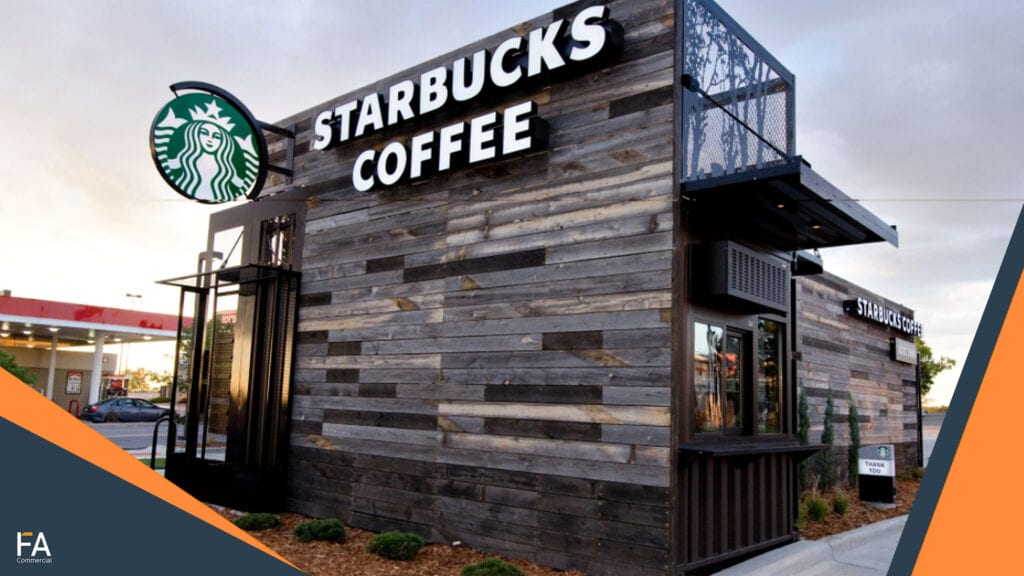
When you are seeking to invest in commercial real estate, there are many ways of spending your money in the market. One of the most efficient ways to spend that money would be by buying a property & then leasing it as a Triple Net Lease Agreement (NNN). This specific kind of lease is investor’s favorite due to the fact that provides a consistent revenue stream to them in the form of a monthly rent from the tenants. What differentiates the NNN lease from other types of leases is that the tenant usually is responsible of almost all operating costs on the property, which makes it a low involvement and low-risk deal for the investor but at the same time providing stable rent income from the property. On a triple net lease agreement the most common expenses come from real estate taxes, insurance and common area maintenance
All NNN leases are different
The catch with the NNN leases is that each lease varies depending on the property and the landlord, so the contract may have clauses outlining specific terms and specific financial clauses of both the property owner and the tenant. Another important point is that if you are looking to buy a property with a NNN lease already in place you should revise the contract before the purchase so you are familiar with the key elements of the lease because this is a long term investment that will become yours.
Knowing all of the details and terms of a NNN lease agreement will not only make you a responsible investor but will give you an advantage for future deals to increase your profitability and reduce your expenses. At FA Commercial we are ready to help you ease your way through a NNN contract.
Here are the five things you should pay attention to in a Triple Net lease agreement:
- Tax Responsibilities
A NNN lease agreement outlines tax responsibilities. In most cases, property taxes are passed through to the tenant to pay on an annual basis, but because each deal has a unique contract, it’s mandatory to check the tax obligations on the property thoroughly, so you don’t end up responsible for tax payments or fines you weren’t accounting for on your property.
- Upkeep, Repairs and Maintenance
One important aspect of NNN leases that may vary depending on what has been arranged with the tenant before the acquisition of a property is the ongoing upkeep expenses. While on a NNN lease tenants cover most of the operating expenses, each contract will outline the specifics on how the upkeep costs are divided between the tenant and the landlord.
For example, one common arrangement is that the tenant pays for general upkeep, repairs, and maintenance costs, but the is landlord responsible for all or a portion of expenses that relate to structural repairs of the building, such as the roof and frame.
- Monthly Rental Sum Agreement
As a property owner with a triple net tenant in place, most of your income will come from the monthly rent payment. It’s important that you negotiate a rent amount that benefits your investment strategy throughout time as the rent might increase or decrease in the future. Most of the NNN leases have fixed monthly rent payment through the duration of the contract, this helps to calculate how much income you will gain after property expenses are settled. In some cases, rent increases are negotiated throughout the period of the lease to compensate for increased value of the property and/or area growth.
- Utilities and Janitorial Costs
When it comes to utilities and janitorial costs of the property in a NNN lease, the tenant most of the times covers all of these costs as it is the common practice on triple net leases. There are some times that were these costs get to be shared by a negotiation of the landlord and tenant, and as a landlord you need to be sure that this shared cost is not an important sum as it will come out of your profit.
- Insurance Premiums and Claims
In a NNN lease agreement, usually the tenant is the responsible for insurance premiums but this point varies strongly on contracts. For example, some leases may state that in fact the tenant have to get all of the required NNN insurance policies on the property. In other case, a contract might state that the landlord and tenant each have to be responsible for a certain policy or premium of the insurance, it all depends how the negotiation goes.
You should make sure you understand insurance responsibilities in a triple net lease agreement so that you can determine what expenses, if any, you’ll have for the policies you are required to carry as a property owner.
If you are an investor or a tenant and are seeking to invest in NNN properties or looking to rent a property, follow us on LinkedIn for the newest and best properties in Florida and the United States
